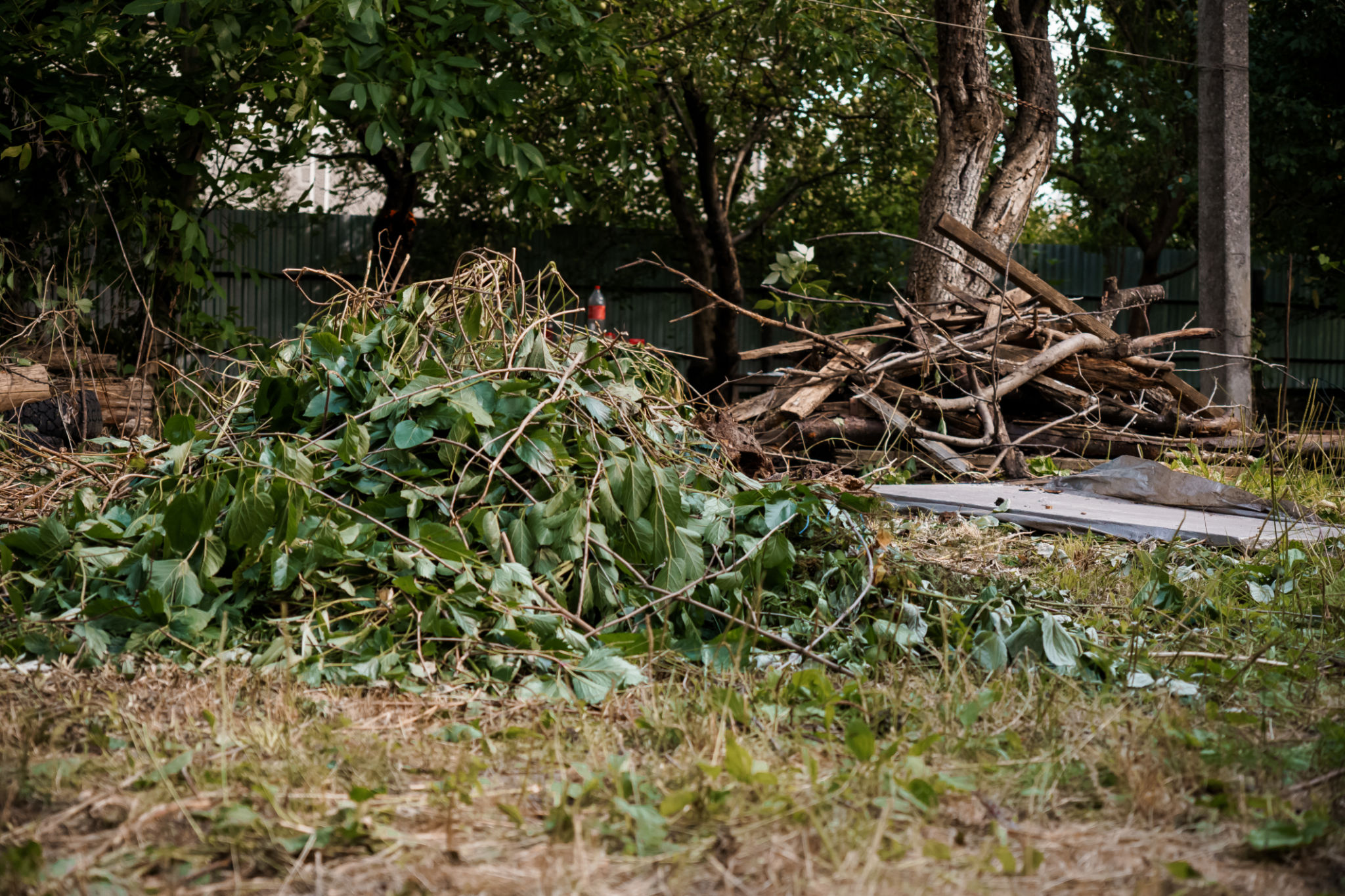The Impact of Seasonal Changes on Waste Management in Wandsworth
Understanding Seasonal Waste Patterns
Seasonal changes significantly impact waste management practices in Wandsworth. With each season bringing different challenges, it's essential for local authorities and residents to adapt their waste management strategies. Understanding these patterns helps in optimizing waste collection schedules and ensuring efficient recycling processes.
During spring and summer, Wandsworth experiences an increase in garden waste due to gardening activities. This seasonal uptick requires additional resources for the collection and processing of organic materials. Conversely, autumn and winter see a rise in household waste as residents spend more time indoors, leading to increased consumption and waste generation.

Spring and Summer: The Green Surge
Spring marks the beginning of garden clean-ups and landscaping projects across Wandsworth. This period sees a rise in the production of green waste such as grass clippings, leaves, and branches. To manage this effectively, local councils often enhance their garden waste collection services during these months.
In addition to green waste, the warmer months bring about an increase in outdoor events and activities. Festivals, barbecues, and picnics contribute significantly to the volume of recyclables like plastic bottles and aluminum cans. Waste management services need to ensure adequate provision of recycling bins in public spaces to accommodate this surge.

Autumn and Winter: Managing Household Waste
As the leaves begin to fall, Wandsworth faces the challenge of leaf litter management. Autumn is characterized by the accumulation of fallen leaves which require systematic collection to prevent clogging of drainage systems. Efficient leaf collection not only aids in waste management but also in maintaining public safety.
Winter months bring about a different set of challenges with increased indoor activities leading to more household waste. The holiday season, in particular, sees a rise in packaging waste from gift-giving and festive decorations. Ensuring that recycling facilities are prepared for this influx is crucial to maintaining effective waste management practices.

Adapting to Seasonal Waste Management Needs
Adapting waste management practices to seasonal changes requires a collaborative approach between local authorities and residents. Public awareness campaigns play a vital role in educating the community about proper waste disposal methods throughout the year.
Residents can contribute by adjusting their recycling habits according to seasonal needs. For instance, during high garden waste periods, composting can be an effective way to reduce the volume of green waste. Additionally, participating in local recycling programs ensures that household waste is managed efficiently.
The Role of Technology in Waste Management
Technology plays an increasingly important role in optimizing waste management processes in Wandsworth. Smart bins equipped with sensors can monitor waste levels in real time, allowing for more efficient collection routes. This not only reduces operational costs but also minimizes environmental impact by lowering emissions from collection vehicles.

Furthermore, digital platforms enable residents to stay informed about changes in waste collection schedules and participate in community recycling initiatives. By leveraging technology, Wandsworth can enhance its waste management capabilities and adapt more swiftly to seasonal demands.
Conclusion: A Sustainable Future
The impact of seasonal changes on waste management in Wandsworth underscores the importance of flexibility and adaptability in maintaining a sustainable environment. By understanding these patterns and employing innovative solutions, both residents and authorities can work together towards a cleaner, greener future.
As seasons change, so do the challenges and opportunities for effective waste management. By staying informed and proactive, Wandsworth can continue to lead by example in sustainable practices and community engagement.